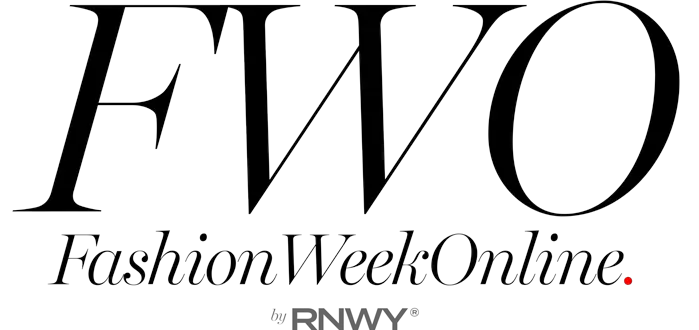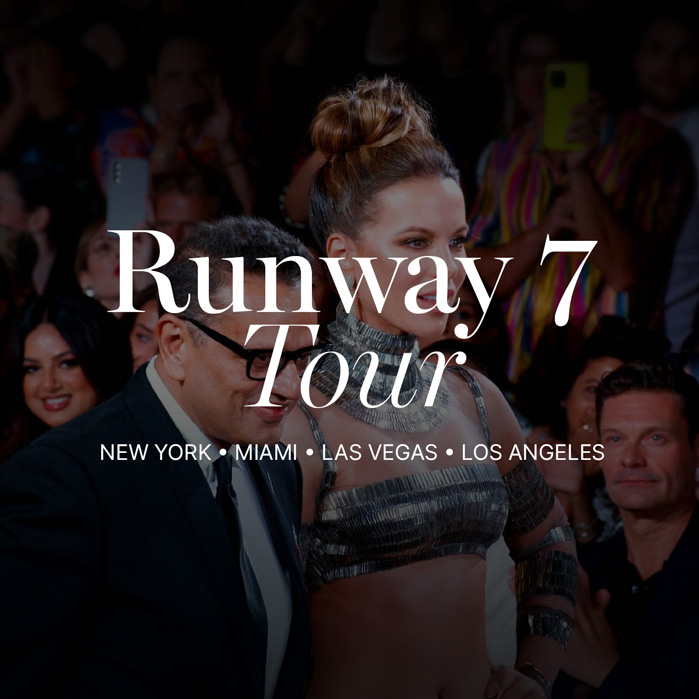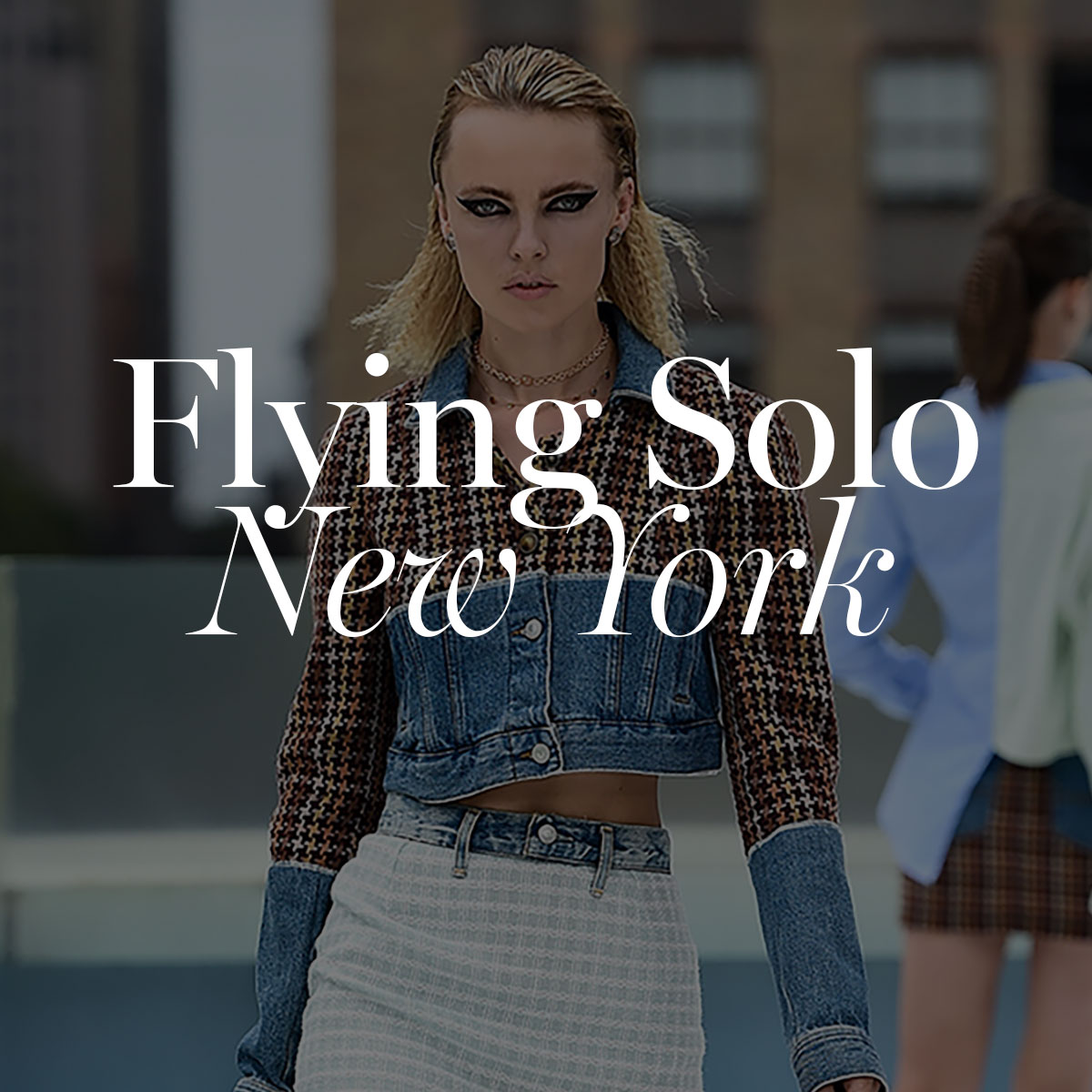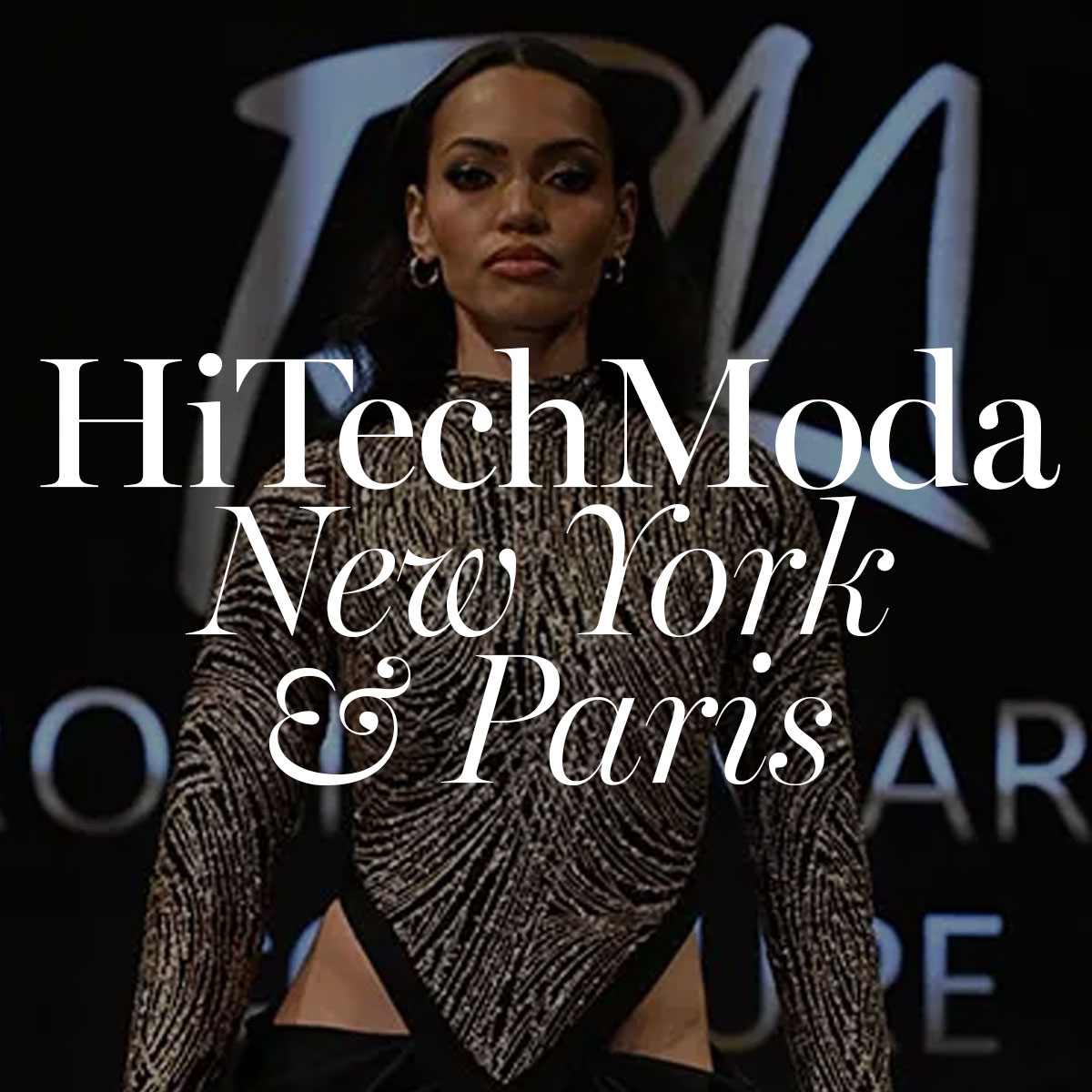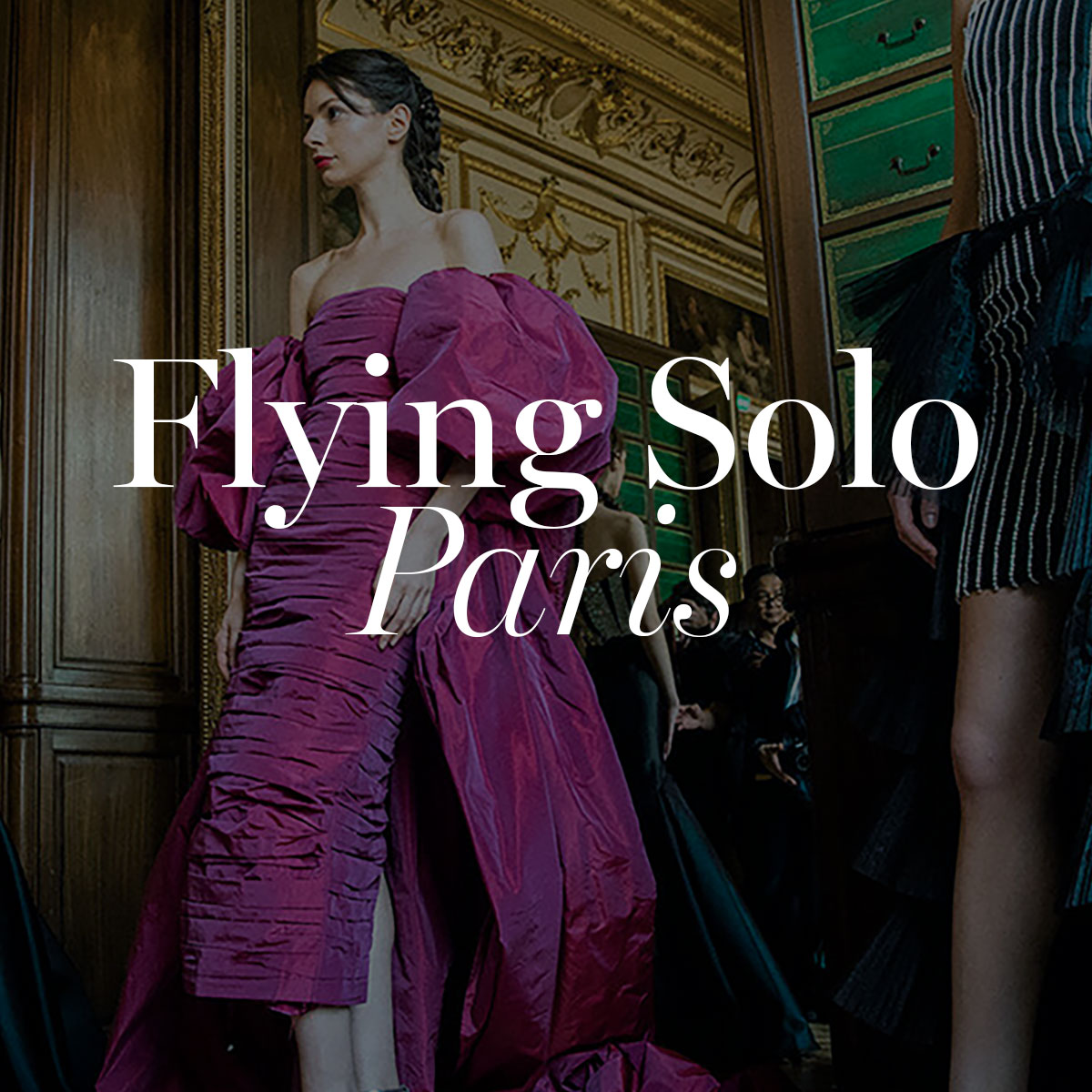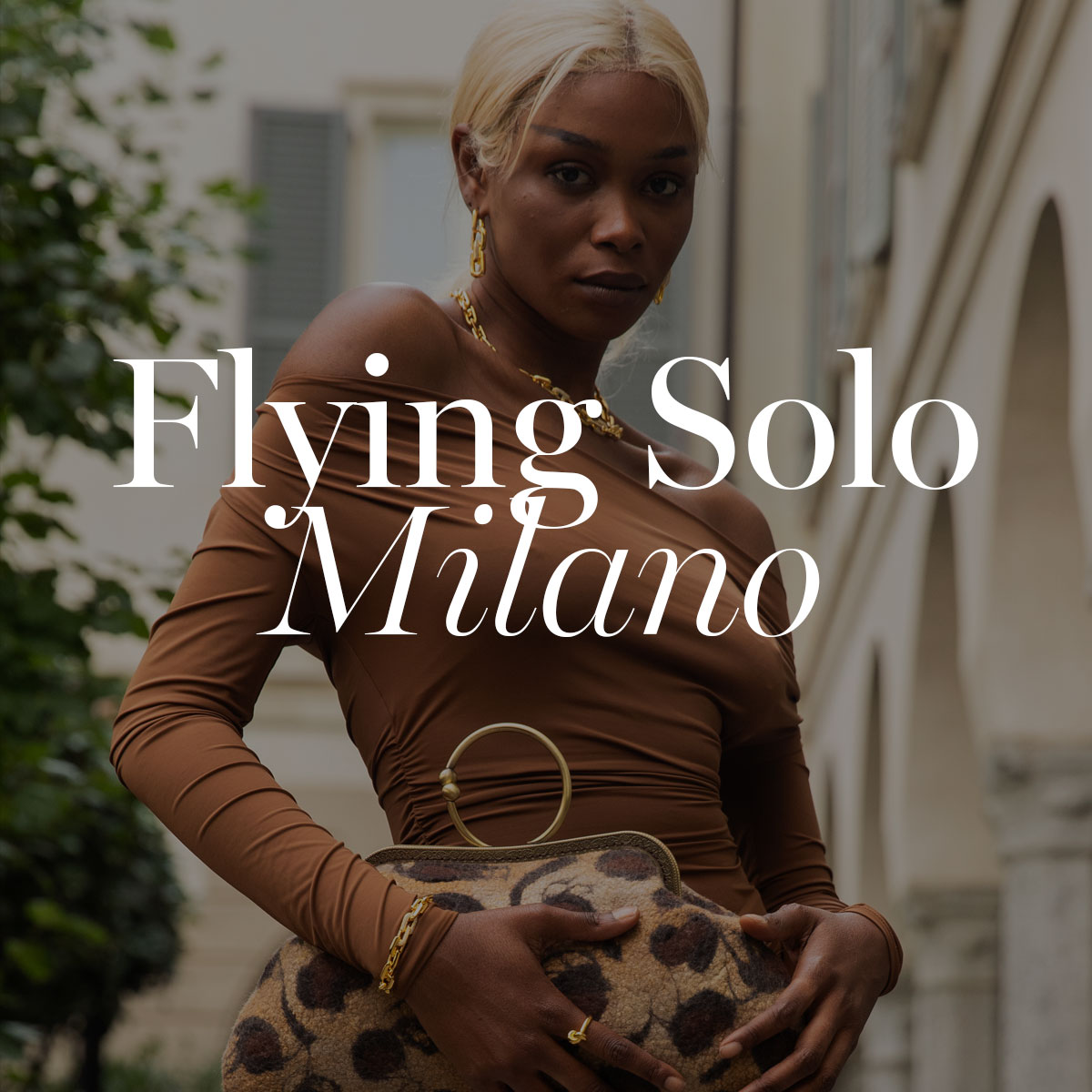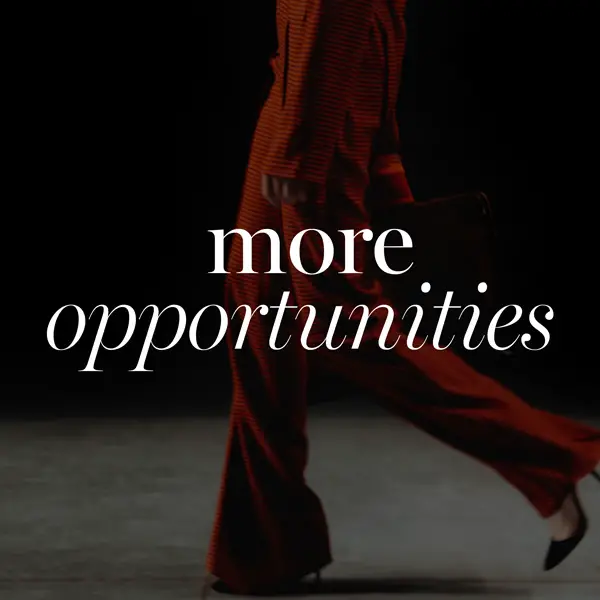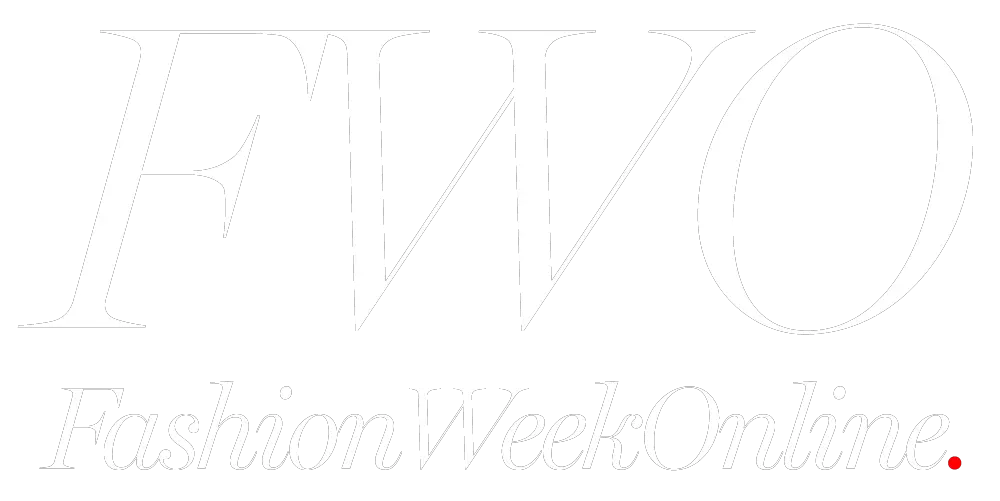Showcase your designs during fashion week and find the best fashion show application from various producers.
Featured Producers:
Want more options? A full list of producers and fashion show opportunities for designers is here. Please note: Any shows happening in Paris that aren’t affiliated with the Fédération de la Haute Couture et de la Mode are said to happen during Paris Fashion Week. Similarly, shows not affiliated with the British Fashion Council happen during London Fashion Week.
How to Apply for Fashion Week: A Designer’s Guide to Showcasing Your Collection
Last Updated: October 4, 2025
See an error? Send story corrections here.
For emerging and established designers alike, securing a showcase during Fashion Week represents a pivotal career opportunity to gain international visibility, connect with industry professionals, and elevate your brand to new heights. This comprehensive guide outlines the application process, strategic timing, and insider knowledge needed to successfully present your collection during the most influential weeks on the fashion calendar.
Transform Your Fashion Week Presentation
Unlock exclusive benefits with our VIP membership program, including early access to fashion week tickets and special industry events.
✓
✓
✓
✓

Understanding Fashion Week Showcase Options for Designers
Fashion Week provides multiple pathways for designers to present their collections, each with distinct application processes, requirements, and advantages. Understanding these different showcase formats is the first step toward finding the right platform for your brand’s vision and business objectives.
Official Calendar Showcases vs. Independent Presentations
The fashion industry distinguishes between official calendar shows and independent presentations that occur during the same timeframe. Official calendar shows are regulated by governing organizations in each fashion capital:
- New York: The Council of Fashion Designers of America (CFDA) plays a central role in the NYFW ecosystem, managing the official American Collections Calendar
- Paris: The Fédération de la Haute Couture et de la Mode (FHCM) oversees the official Paris Fashion Week calendar
- Milan: The Camera Nazionale della Moda Italiana manages the official Milan Fashion Week schedule
- London: The British Fashion Council administers the official London Fashion Week calendar
Independent showcases, while not officially affiliated with these organizations, offer valuable alternatives for emerging and established designers who may not meet the stringent requirements of official calendars or who desire greater creative and logistical freedom.
Trademark Notice: “New York Fashion Week”, “Paris Fashion Week”, “Milan Fashion Week”, and “London Fashion Week” are registered trademarks owned by their respective organizations. Fashion Week Online® provides information about participating in independent showcases during the same timeframe as the official shows. Fashion Week Online® is not affiliated with, endorsed by, or sponsored by these organizations.
Application Processes for Different Fashion Week Platforms
Each fashion week platform has its own application timeline, requirements, and selection criteria. Understanding these differences is crucial for developing a successful application strategy.
Official Calendar Applications
The fashion show application process for official calendar spots is highly competitive and typically requires established brand presence and significant industry recognition:
- CFDA (New York): Applications generally open 4-6 months before Fashion Week. Designers must demonstrate commercial viability, press coverage, and retail presence.
- FHCM (Paris): For ready-to-wear calendar inclusion, designers must submit portfolios, business plans, and previous collection documentation. For Haute Couture designation, additional strict criteria apply.
- Camera Moda (Milan): Emphasizes established Italian brands but offers emerging designer programs with separate application processes.
- British Fashion Council (London): Offers NEWGEN sponsorship and support programs for emerging designers with application deadlines typically twice yearly.

Independent Showcase Opportunities
For many designers, especially those in early career stages, independent showcases provide more accessible and flexible options:
- Independent Collective Shows: Group presentations that feature multiple designers in one venue, often organized by production companies or fashion platforms
- Designer Showcases: Curated events that specifically highlight emerging talent with application processes opening 5-8 months before the season
- Fashion Incubator Programs: Organizations that support designer development often include showcase opportunities as part of their initiatives
- Self-Produced Presentations: Designer-organized events during fashion week timeframes that offer complete creative control
Many designers find that working with established showcase producers can provide invaluable logistical support, media exposure, and buyer attendance that would be challenging to achieve independently.
Strategic Timing: When to Apply for Fashion Week
The fashion calendar operates on a specific timeline that designers must navigate strategically to maximize their chances of securing showcase opportunities.
Application Timeline by Fashion Week Season
| Fashion Week | Season | Typical Application Opens | Application Deadline |
|---|---|---|---|
| New York | February (Fall/Winter) | August-September | October-November |
| New York | September (Spring/Summer) | February-March | April-May |
| London | February (Fall/Winter) | August-September | October-November |
| London | September (Spring/Summer) | March-April | May |
| Milan | February (Fall/Winter) | September | November |
| Milan | September (Spring/Summer) | March | May |
| Paris | February-March (Fall/Winter) | September | November |
| Paris | September-October (Spring/Summer) | March | May |
| Miami | Late May-June (Swim) | November-December | February |
For independent showcases, deadlines may be more flexible, but early applications are strongly encouraged as spaces fill quickly, particularly in prime venues and time slots.
Fashion Week Designer Application Timeline: Application windows for designer showcases typically open 6-8 months before the scheduled fashion week. For February shows, expect to apply between August and October of the previous year. For September shows, applications generally open between February and April. Independent showcase producers may have more flexible timelines, so we recommend joining our VIP membership for the most up-to-date information on upcoming designer showcase opportunities across all fashion capitals.
Crafting a Competitive Fashion Week Application
The quality of your application materials significantly impacts your chances of securing a showcase opportunity. Here are the essential components of a successful application:
Essential Application Components
- Brand Profile: A concise yet comprehensive overview of your brand’s identity, aesthetic, target market, and business history
- Designer Biography: Your professional background, education, notable achievements, and artistic vision
- Collection Concept: A clear articulation of the inspiration, theme, and creative direction for the collection you plan to showcase
- Look Book/Portfolio: High-quality imagery of previous collections demonstrating consistent design aesthetic and technical execution
- Press Coverage: Documentation of media mentions, features, and editorial placements
- Retail Presence: List of current stockists, sales performance data, and distribution channels
- Social Media Metrics: Engagement statistics, follower demographics, and growth trends that demonstrate audience reach
- Business Plan: Outlining production capabilities, financial stability, and growth projections

Financial Considerations and Budgeting
Understanding the financial investment required for a fashion week showcase is crucial for realistic planning:
- Showcase Fees: Participation fees range widely from $5,000 for group shows to $50,000+ for premium independent venues during peak fashion week times
- Production Costs: Include runway setup, lighting, sound, videography, photography, and technical staff
- Model Casting: Agency fees, fittings, and day-of compensation
- Collection Production: Sample creation, materials, manufacturing, and finishing
- Styling Elements: Accessories, shoes, makeup artists, hair stylists, and backstage assistants
- Marketing Materials: Look books, press kits, invitations, and digital assets
- PR Representation: Professional services to maximize media coverage and buyer attendance
Many emerging designers seek sponsorships, collaborations, or investment funding specifically to finance their fashion week presence. Others strategically start with more affordable showcase options and scale up as their brand visibility increases.
Please Note: Fashion Week Online® is a news and information resource that provides discount codes for fashion shows through our producer partnerships. All ticket sales, pricing, refunds, and event logistics are handled directly by the show producers. While we advocate for our members in case of issues, Fashion Week Online® is not responsible for transactions or event changes.
Alternative Showcase Formats for Designers
The fashion industry continues to evolve, offering designers increasingly diverse platforms to present their collections:
Digital Showcases and Virtual Fashion Weeks
Digital presentations have become a legitimate alternative or complement to physical showcases, offering benefits including:
- Reduced production costs compared to physical runway shows
- Global accessibility without geographic limitations
- Creative freedom in presentation format (film, interactive lookbooks, virtual reality)
- Extended visibility beyond the traditional fashion week timeframe
- Enhanced sustainability through reduced travel and physical resources
Applications for digital showcases typically require concept presentations, technical specifications, and examples of previous digital content.
Showroom Presentations and Installations
Static presentations offer distinct advantages for certain collections and design concepts:
- Extended viewing time for buyers and press to examine garment details
- Lower production costs than dynamic runway shows
- Opportunities for creative storytelling through installation design
- Direct designer-to-press and designer-to-buyer interaction
- Flexibility in scheduling outside peak calendar days
Many designers strategically combine formats, using installations to showcase intricate pieces while reserving runway presentations for impact looks.
Resources for Designer Applications
Fashion Week Online® offers comprehensive information to support designers in their showcase journey:
- Global Fashion Week Calendar – Complete timeline of upcoming fashion weeks for long-term planning
- When Is Fashion Week – Overview of how fashion weeks follow each other internationally
- New York Fashion Week Venues – Key locations for planning your showcase strategy
- Paris Fashion Week Venues – Essential venues for Paris presentations
- Milan Fashion Week Venues – Premier showcase locations in Milan
- London Fashion Week Venues – Top presentation spaces in London
Success Strategies: Maximizing Your Fashion Week Showcase
Beyond securing a showcase opportunity, designers must strategize to optimize their fashion week presence:
- Strategic Scheduling: Consider your time slot carefully—mid-week slots often receive better attendance than first or last day positions
- Press Strategy: Develop targeted outreach to key industry publications and influencers most relevant to your brand
- Buyer Invitations: Personalized invitations to retailers aligned with your brand positioning and price point
- Documentation: Invest in high-quality photography and videography to extend the showcase impact beyond the live event
- Follow-up Protocol: Establish a system for immediate post-show engagement with interested press and buyers
- Data Collection: Implement methods to capture attendee information for future direct communication
Many successful designers report that the real value of fashion week showcases manifests in the weeks and months following the presentation, as industry relationships develop and orders materialize.
FAQs: Designer Showcase Applications
How far in advance should designers apply for Fashion Week?
For official calendar consideration, designers should apply 6-8 months before the scheduled fashion week. Independent showcases may have more flexible timelines but still recommend applications at least 4-6 months in advance for optimal placement.
What are typical costs for Fashion Week presentations?
Costs vary significantly based on format, location, and timing. Group shows may start around $5,000-$10,000, while independent venue showcases during prime fashion week dates can range from $20,000 to $100,000+, depending on production complexity and venue prestige.
Can emerging designers without retail presence apply for Fashion Week?
Yes, particularly for independent showcases specifically designed for emerging talent. While official calendars often require established retail presence, many independent platforms focus on discovering and promoting new designers with compelling creative visions, even without extensive commercial history.
Is digital portfolio or physical sample submission preferred?
Most applications now begin with digital submissions. Official calendar organizations may request physical samples for finalists, while independent showcases typically complete the selection process through digital means, occasionally requesting video calls or in-person meetings with finalists.
What alternatives exist for designers not selected for their preferred showcase?
Designers have numerous alternatives, including showroom presentations, trade shows coinciding with fashion week, digital showcases, popup events, fashion film festivals, and presentation collaborations with complementary brands or retail partners.

